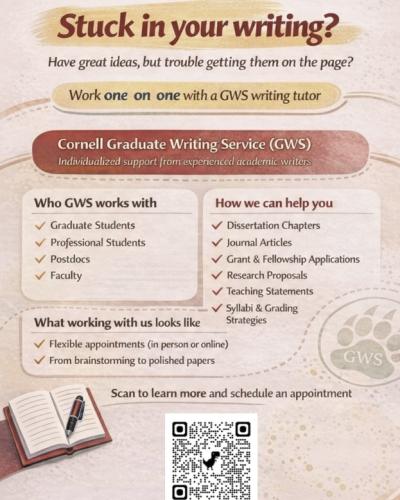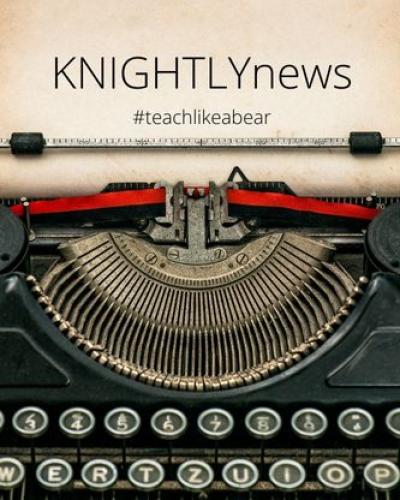For the first paper in First-year writing seminar “Disappearing Ice and Snow: Writing about Ecological Change,” Lizzie Lombardi asks students to describe a place they are familiar with that has been affected by climate change. While personal experience provides the foundation for this paper, writers also “incorporate local ecological information from newspapers [and] scientific articles” and “incorporate an empirical perspective.”
In her class on “Carceral Technologies,” Cat Coyle asks students to write an “autobiography” built around a “media artifact.” Students tell a story about a piece of media with whom they have a relationship and categorize their artifact according to definitions of technology laid out in the course’s opening reading assignment.
While good first assignments in an FWS can take many forms—one can find dozens of examples among the FWSs taught this year—they have the greatest impact when they build on the work of the semester’s first classes; introduce students to the intellectual work of the course; and prepare students to do the kinds of writing and thinking the course will ultimately expect them to do. The two examples above ask students to draw on personal experience and build on informal writing exercises as they works towards completed formal assignments. Crucially, these assignments also ask students to use language and apply concepts drawn from readings assigned in the class’s opening days.
In my own FWS—"Jews on Film: Visible and Invisible”—the first writing assignment begins in the first moments of the first class. We watch the first four minutes of a twenty-two minute film. Students take notes individually and then compare notes with a partner. Their notes and observations provide the subject matter for our first-day discussion. At the end of the first class, students are sent home to watch the rest of the film; read a short essay; and write a first draft that engages with the film and the essay.
Within the Knight Institute, we’ve worked with teachers and course leaders to re-think the ways we talk about the semester’s first writing assignment. A carefully crafted opening assignment—designed to work in conjunction with the course’s first class meetings—can significantly shape the trajectory of the semester. This vision has long been central to our goals for the opening assignment—and the guidance we offer to graduate instructors and faculty who teach FWSs.
Updated guidelines—effective Spring 2022—have been posted to the Knight Institute home page. Ideas for structuring first assignments are also posted. Faculty and graduate students who are teaching an FWS in Spring 2022 should consult these guidelines as they plan. Excerpts below point to some of the key elements.
A first paper assignment can do the following:
- Introduce students to the intellectual work of the course.
- Give students a sense of course expectations.
- Provide insights into how students will manage the substance of your course.
- Provide students with opportunities to experiment with writing practices you hope students will use in your course (and beyond). These might include textual analysis, revision, peer review, and scaffolding.
- Capture student attention in the period before exams and other high-stakes assessments begin to dominate academic life.
- Help you get to know your students.
- Help your students get to know you.
- Identify students who might benefit from additional support. If they struggle with the first assignment they might struggle with other aspects of the course.
~ Guidelines for First Assignments
As the full guidelines make clear, students should submit a draft of the first paper within the first ten days of the semester. Some students may struggle in a FWS and may need additional support. Identifying these students early is crucial for figuring out whether additional support is warranted. The best way to identify who might struggle doing the work of a course is to give students an opportunity to start doing this work right away.
As part of this update, the Knight Institute is also organizing outreach opportunities for faculty and graduate student teachers. If you wish to consult with us either as an individual or as a departmental representative, please reach out to David Faulkner, Tracy Carrick, Elliot Shapiro, or Jessica Sands.




